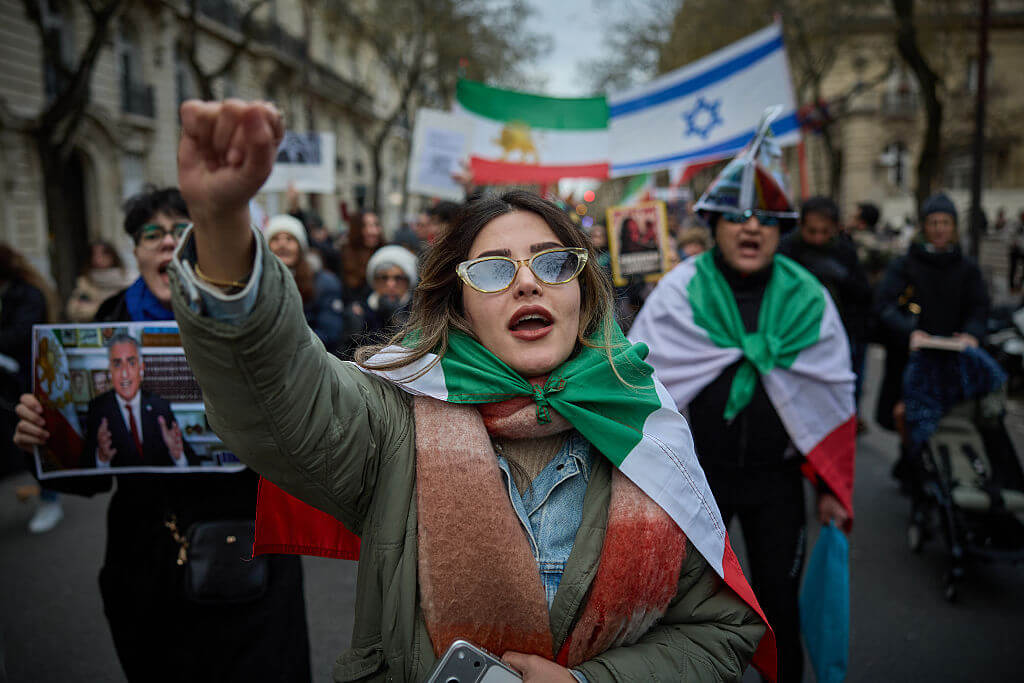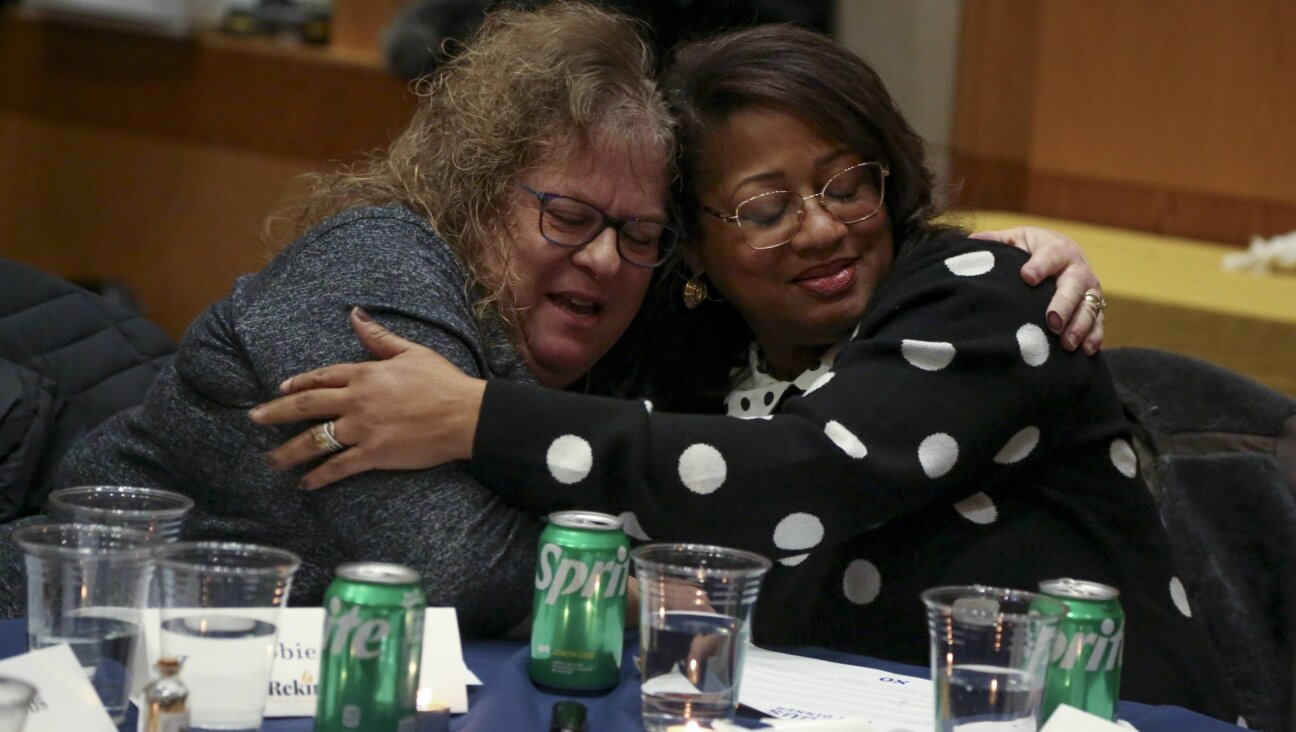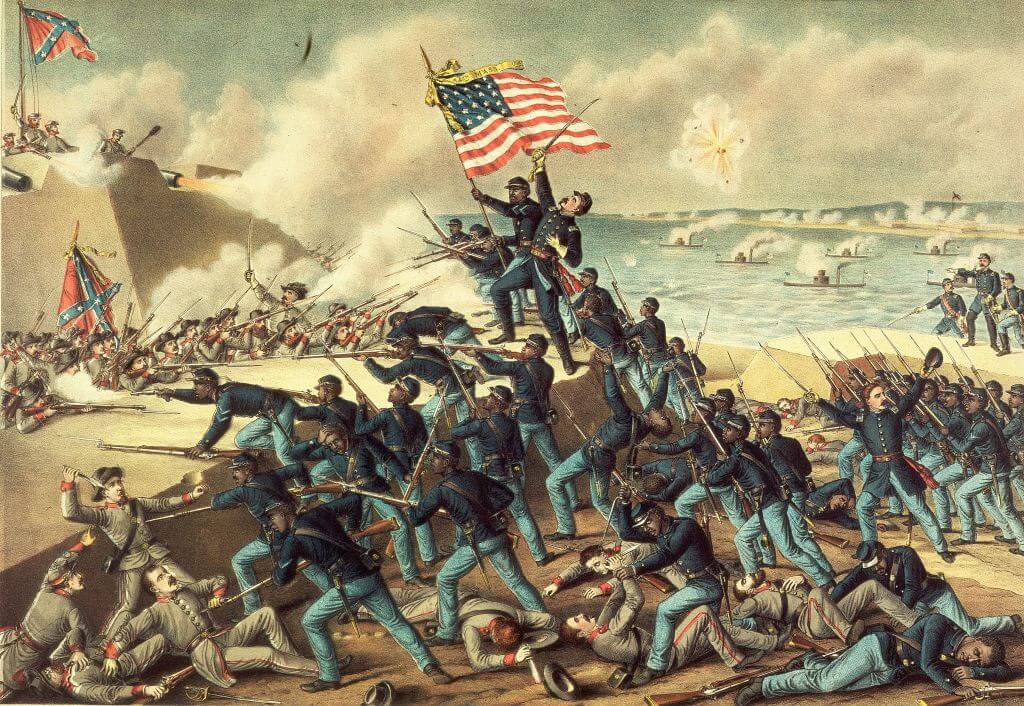The man who saved more Jews than Schindler
Aristides de Sousa Mendes was punished by Portugal for rescuing 10,000 Jews. But their descendants, and Israel, honor his memory
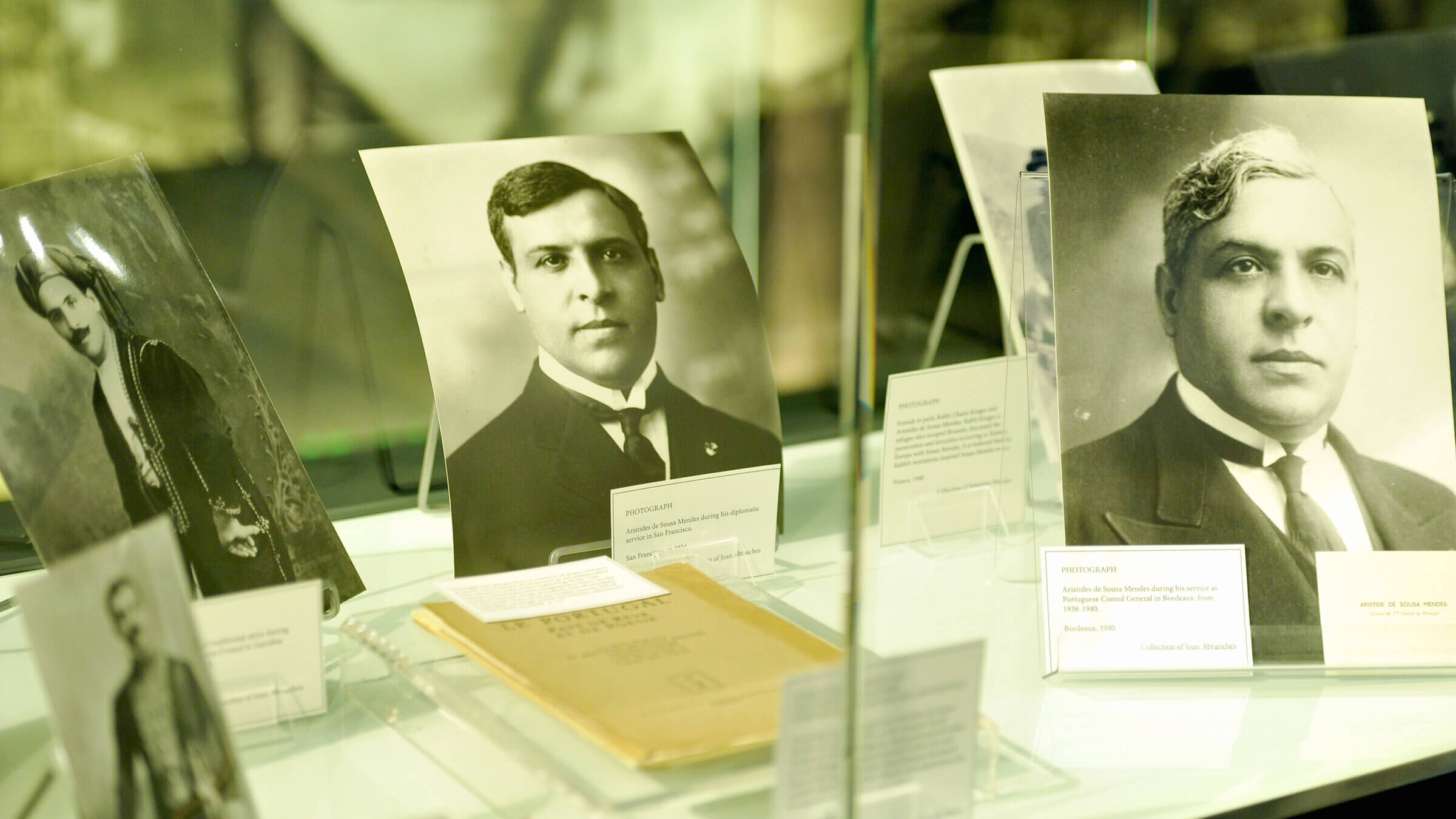
Photos of Aristides de Sousa Mendes from a Sousa Mendes Foundation exhibition at the Los Angeles Museum of the Holocaust. Photo by John Sciulli/Getty Images
As a journalist in Israel in the 1980s, I’d covered the Lebanon War and violence in the West Bank. But I’d always felt like an outsider. Last month, I returned to Jerusalem after nearly 35 years away. This time, though, I wasn’t just an observer. Dancing around a Torah scroll at a tiny Haredi yeshiva, I was a participant.
That Torah was saved thanks to Aristides de Sousa Mendes, a Portuguese official who rescued thousands of Jews from the Nazis — including my grandparents.
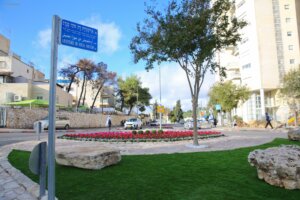
For two days in November, Sousa Mendes was posthumously honored by the city of Jerusalem and Yad Vashem, Israel’s official memorial to victims of the Holocaust. I attended those celebrations along with others — mostly secular American Jews like me — whose family members owed him their lives.
Defying his own government
Sousa Mendes was the Portuguese consul in Bordeaux, France, when German forces overwhelmed the country in 1940. He defied his own government and issued thousands of visas that allowed an estimated 30,000 refugees to escape. Ten thousand Jews were said to have been saved, including my beloved grandmother Dora Friedmann, my grandfather Jozef Friedmann and my uncle Marcel Friedmann.
In fact, historians believe that Sousa Mendes may have been responsible for the largest rescue by a single individual during the Holocaust. (For comparison, Oskar Schindler, a better-known rescuer thanks in part to Steven Spielberg’s movie, is credited with saving 1,200 Jews.)
For my relatives, the visas were a last-minute miracle. They’d been on the run since May 10, 1940, when Germany attacked Belgium. First they fled to France. Then, with visas in hand, they walked over a French footbridge into Spain on June 23, 1940, days before Germany sealed the border. They took a train to the riverside city of Porto, north of Lisbon, and waited for my father, Willem Friedmann, a prisoner of war. He showed up four months later, holding forged documents and covered in lice, having smuggled himself over the Pyrenees into Spain.
The Holocaust ‘didn’t exist for us’
Growing up on Long Island, the daughter of elegant French-speaking Jews from the diamond trade who rejected organized religion, I knew nothing of these stories. World War II and the Holocaust were never mentioned in our family. They didn’t exist for us. My brother and I even had a German nanny. It was only after my parents died that my uncle Marcel told me about my family’s escape, although he had no idea that one individual was responsible.
In 2012, I showed a transcript of that interview to a cousin who immediately said that Sousa Mendes had saved them. My grandmother’s 1940 Belgian passport bore the right scribbled signature. I joined the U.S. Sousa Mendes Foundation and immersed myself in research to help identify the thousands of refugees he saved.
Punished for his heroism
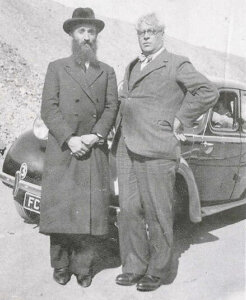
Sousa Mendes paid a heavy price for his heroism. The Portuguese dictator Antonio Salazar had prohibited visas for Jews and stateless people. Sousa Mendes, a deeply observant Catholic, knew what would befall the masses huddling around his consulate if he didn’t give them the visas they were begging for. He went to his bed and, emerging three days later, announced that he would grant visas to all who asked.
With his two sons and a Hasidic acquaintance, Rabbi Chaim Kruger, who had pleaded with the consul to defy his own government, he established an assembly line, issuing thousands of visas over the next few days until Salazar ordered him back to Lisbon.
Sousa Mendes was tried, expelled from the foreign service and stripped of his salary and pension. He died in poverty in 1954.
His 12 children were pariahs in their own country. Most fled Portugal, establishing new lives elsewhere without the burden of the past. It took decades for Portugal to posthumously restore his ambassadorial status.
Honored by Israel
But Israel didn’t forget. In 1966, three years after Yad Vashem established a program to recognize non-Jews who took risks to rescue Jews, Sousa Mendes was named a Righteous Among the Nations. In November, in Yad Vashem’s Hall of Remembrance, the consul’s grandson Gerald Mendes rekindled the eternal flame in his memory while a cantor chanted prayers.
And in the late afternoon of Nov. 8, I joined others in a standing-room-only tent overlooking a square landscaped with 6,000 pink and red flowers, for the dedication of Kikar Sousa Mendes — Sousa Mendes Square.
“This small corner of Jerusalem, the eternal city, now carries the name of a hero,” Jerusalem Mayor Moshe Lion proclaimed. Colette Avital, a former Israeli ambassador to Portugal who had pressed the Portuguese government to rehabilitate the rescuer, talked about the obligation to remember not only those murdered in the Holocaust but those who saved Jews.
Hunting for a rabbi’s grave
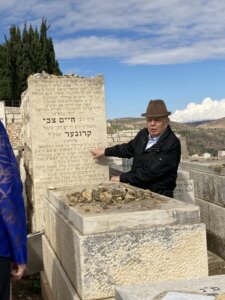
On Nov. 9, our group visited Jerusalem’s huge municipal cemetery, with more than 150,000 graves dug into a mountain on the city’s periphery. Finding the tomb of Chaim Kruger — the Haredi rabbi who convinced Sousa Mendes to issue the lifesaving visas — was not easy.
Once it was located, Mordecai Paldiel, a leader of the U.S. Sousa Mendes Foundation, read the tombstone inscription listing Kruger’s relatives, including his mother and four sisters, who were murdered in the Holocaust. Paldiel then recited Hebrew prayers for the rabbi and “the murdered innocents.” I was swept away in a moment of tribal bonding, as if the rabbi had been one of my own.
An assimilated Jew among Hasidim
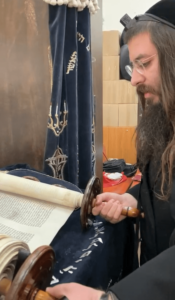
All that was left was to celebrate the Torah, which had been spirited out of Nazi-occupied Europe by a rabbi with a visa from Sousa Mendes. The event was with students at a Jerusalem yeshiva, and I wondered how that would feel. After all, I had been trained to disapprove of Hasidim and Haredim. They looked different and dressed differently from us assimilated Jews. Their religious practice, their separation of men and women, was foreign to me. And I knew they were trying to make Israel into a more religiously intense country.
A rabbi removed the Torah from a wooden cabinet that passed for an ark as young yeshiva bochers with long payot watched with curiosity. Paldiel danced with a younger rabbi as we clapped and kissed the Torah, a first for me.
It was an emotional moment, a deep connection with Jewish people I had never expected to meet, whose stories I had never expected to hear. Among them was Suchi Steinberg, a yeshiva student from Brooklyn whose great-grandparents were murdered in the Shoah. Here was a Haredi Jew at the opposite spectrum of Jewish practice from me. But we both embodied Jewish survival after the Holocaust, and I felt that bound us together more than anything that could pull us apart. I was definitely not an outsider anymore.



